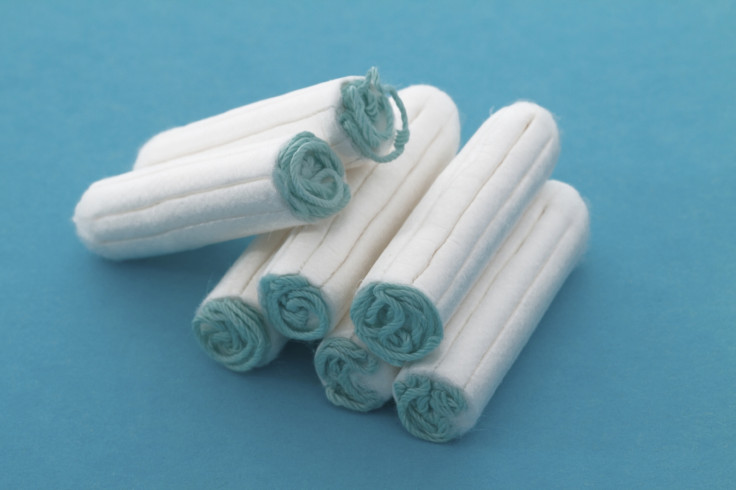Tampon Tax: How VAT is paid on sanitary products in other countries

British MPs voted this week against a move to force the government to cut the so-called "Tampon Tax" down from its current 5%. Politicians rejected the Finance Bill amendment on 26 October, which would have stopped sanitary products from being classified as "non-essential luxury items" by 305 to 287 votes.
The current 5% VAT rate the UK has on sanitary products is currently the lowest allowed under current EU law. However, the vote – triggered after an online petition entitled "Stop taxing periods. Period" gained more than 250,000 signatures – meant Treasury minister David Gauke promised to raise the issue with the European Commission.
Following the vote, a Treasury spokesperson reiterated the UK has set the VAT on sanitary products at the minimum rate permissible under EU rules and any change would require a unanimous agreement from all 28 member states.
One of the Conservatives who did support the motion, Bernard Jenkin, described the situation as an example of where "the EU has taken over jurisdiction" over British laws. SNP MP Alison Thewliss added: "It is absurd that while men's razors, children's nappies and even products like Jaffa Cakes, exotic meats and edible cake decorations are free from VAT, women are still having to pay additional costs on what is already an expensive yet vital product."
According to the financial secretary Gauke, VAT receipts from the sale of sanitary products subject to the 5% rate VAT are estimated to been £15m in each of the last five years.
Here, the IBTimes UK looks at how other countries deal with the so-called tampon tax.
France
Shortly before the UK House of Commons vote, French MPs voted against an amendment which would have cut the tax on sanitary products from 20% to 5.5%. The suggestion to reduce the tax was opposed by the government, which said it would reduce tax receipts in 2016 by €55m (£40m, $63m).
Ireland
Unlike Britain, sanitary products for Ireland have the sought-after zero-rate for VAT as it was introduced before the EU introduced the 5% minimum charge.
US
Like various legislations, it differs between state to state in the US on whether sanitary predicts are taxed. Only a few states do not tax them at all – New Jersey, Pennsylvania, Maryland, Massachusetts and Minnesota – while Oregon and Montana do not have a sales tax.
Canada
In June, Canada announced it will abolish the Goods and Services Tax (GST) on sanitary products following a hugely popular petition.
Australia
Like Canada, a petition against the tampon tax forced the government to consider dropping it. However, all state and territory governments failed to agree to remove the unpopular 10% tax.
© Copyright IBTimes 2025. All rights reserved.




















